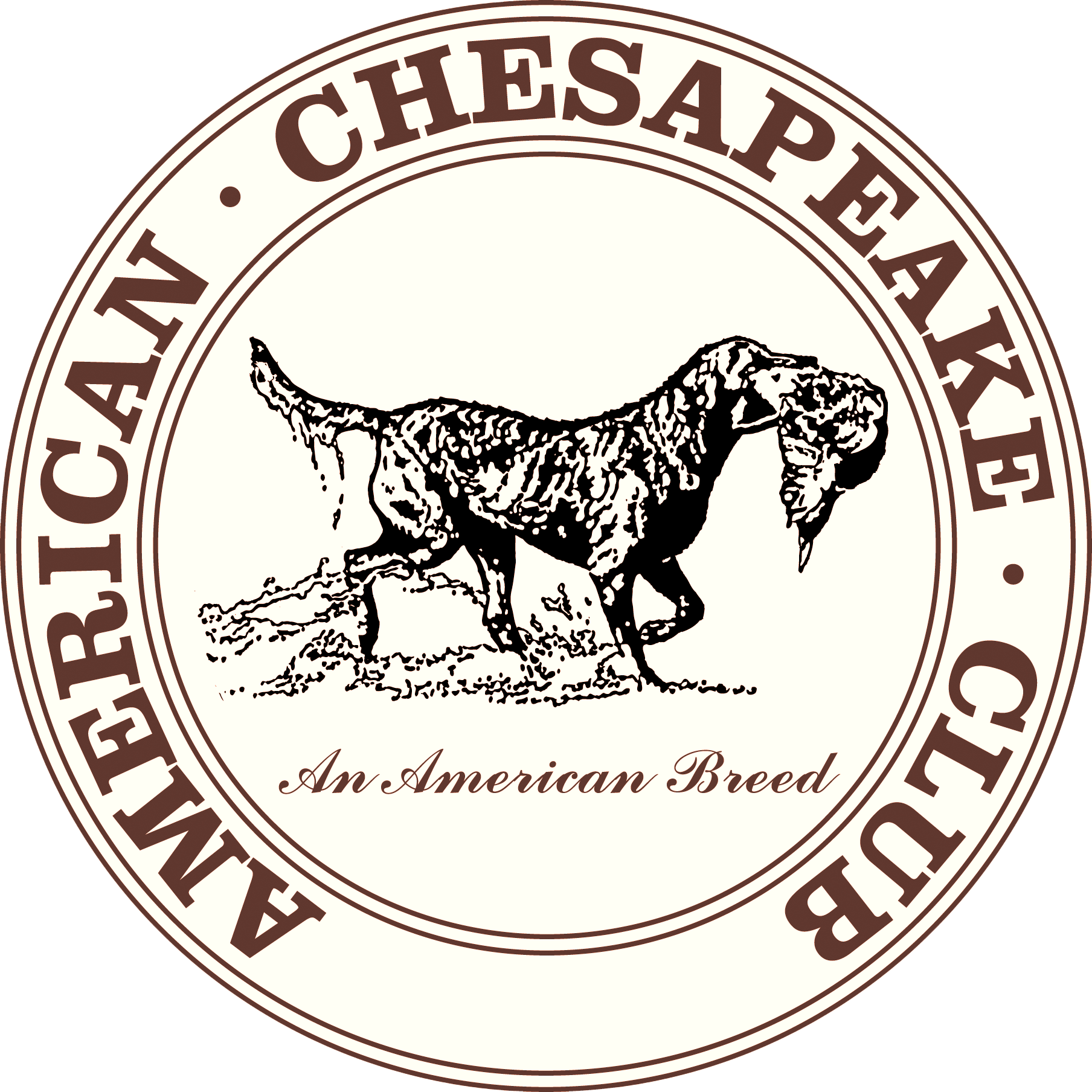Chesapeake Bay Retriever Health Resource Center

Calling All Chesapeake Bay Retriever Owners!
The American Chesapeake Club (ACC) is conducting this health survey as an update to the original survey published in 2003. Its purpose is to better understand which diseases and health conditions (both genetic and non-genetic) are of greatest concern to Chesapeake Bay Retriever owners and breeders. Your answers will help the ACC decide where to direct our Donor Advised Fund (DAF) held at the AKC Canine Health Foundation (AKC CHF) in the area of health research.
All answers to the survey will be kept confidential.
All Chesapeake Bay Retriever owners in the U.S. and around the world are invited to complete the survey on each dog owned during the period of 2004 – the present.
You do NOT need to be a member of the American Chesapeake Club or any dog club to participate. In the interest of getting the most meaningful information about the current health of our breed, we encourage everyone to take the time to complete the survey.
For any questions or issues you have with the survey, please contact ACCHealth@LiebermanResearch.
Deadline July 1, 2025
Breed Health Statement
The American Chesapeake Club (ACC) Board of Directors and the ACC Health Committee approved the following Health Statement for Chesapeake Bay Retrievers: The ACC Board of Directors strongly recommends that all breeding stock be free of Hip/Elbow Dysplasia, Progressive Retinal Atrophy (PRA) in addition to all hereditary eye diseases, Exercise Induced Collapse (EIC), and Degenerative Myelopathy (DM) –tested Normal or otherwise.The above health statement was proposed by our ACC Health Committee then approved by the ACC Board of Directors on September 11, 2016, (ACC Board Motion 16:39). To learn more about health issues that are known to affect Chesapeake Bay Retrievers and available health tests, select the buttons below.
Funding for DM Study
In 2023, the Health Committee recommended the Board approve using the Purina Parent Club Partnership donor Advised Fund to help fund new research regarding the drug Riluzole. These funds are held by the AKC Canine Health Foundation and are part of a grant just awarded. This grant is funding research that offers hope for slowing the progression of DM in dogs.
Investigators will study the drug riluzole as a potential treatment for dogs with DM. , this medication has been shown to help humans with ALS which most closely resembles DM in canines.
Investigators started Project DM which is a network of canine DM researchers working together to accelerate progress in developing treatments for this disease. If you are interested in helping with the study and located near the University of Missouri you can have your pet screened by going to the following link https://redcap.link/riluzoleDM and selecting the University of Missouri to enter your information to participate. The other research centers are The Ohio State University, North Carolina State University and Tufts University.
Additional Health Articles and Resources
- Diet – Is Intermittent Fasting Safe for Dogs?
- General Information about Canine Epilepsy from the UK Kennel Club
Health in the News
- Chesapeake Bay Retriever, “Ruger,” participates in cancer research.
